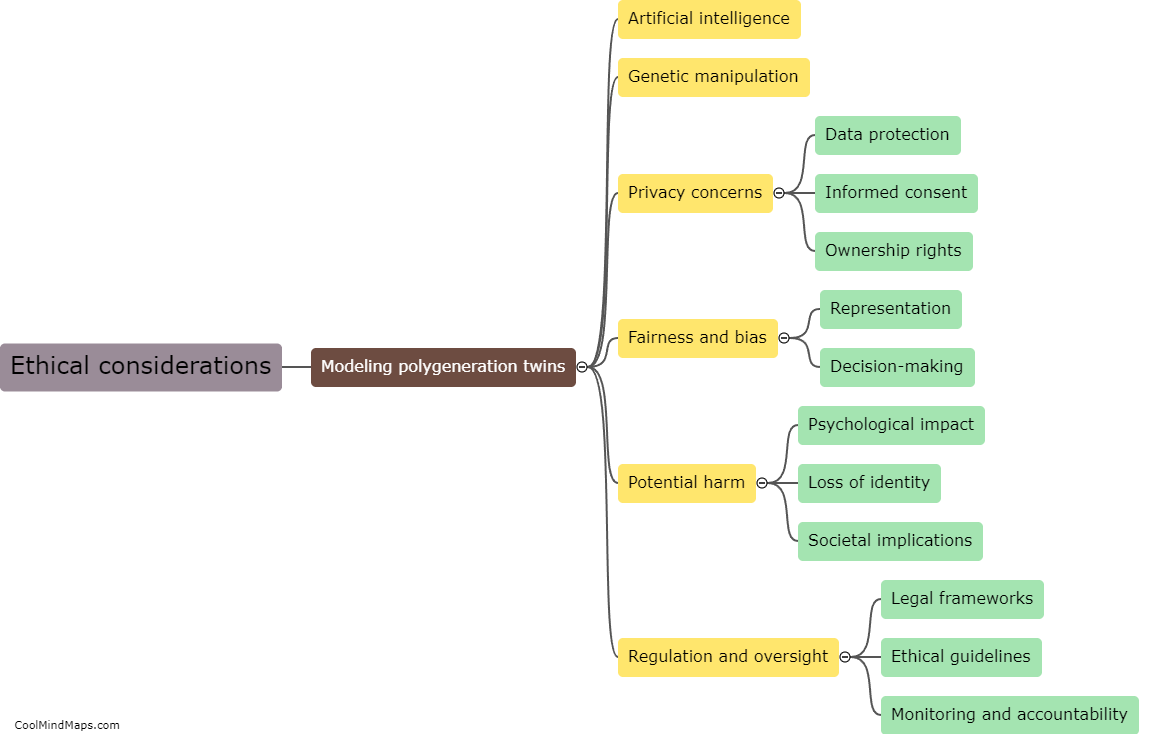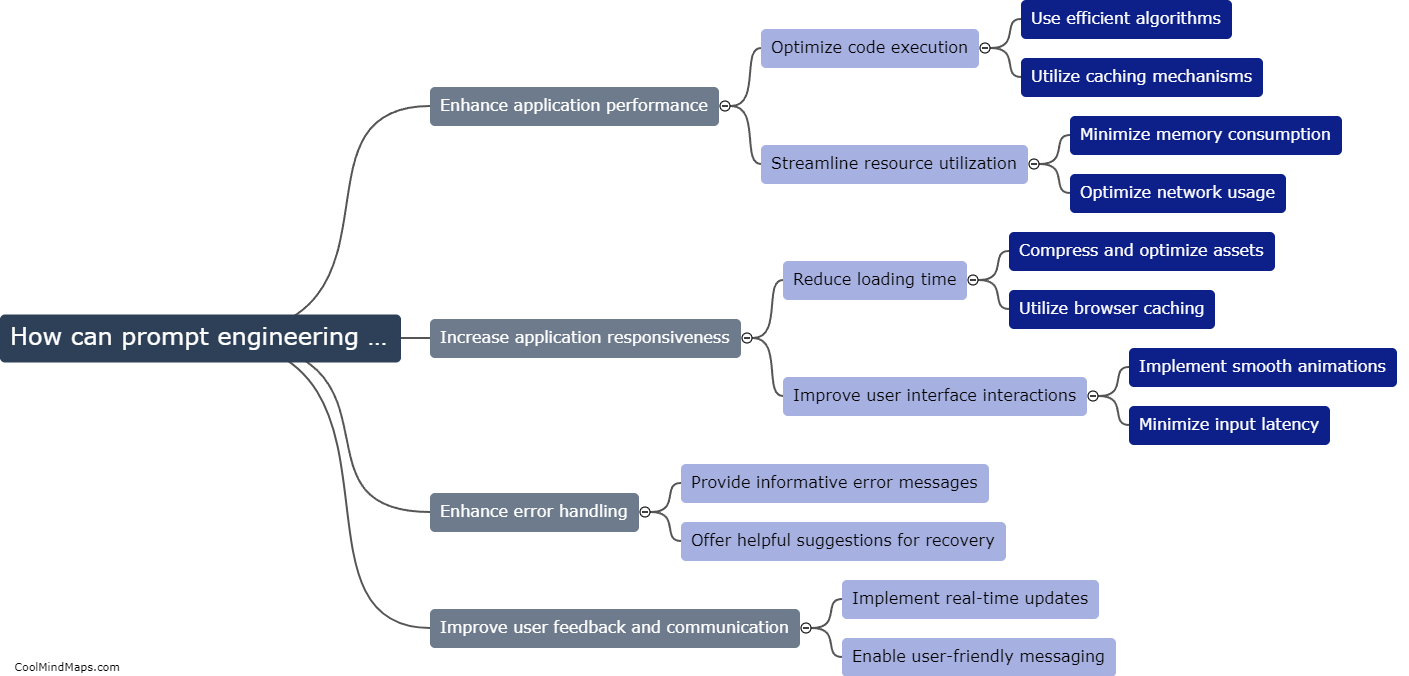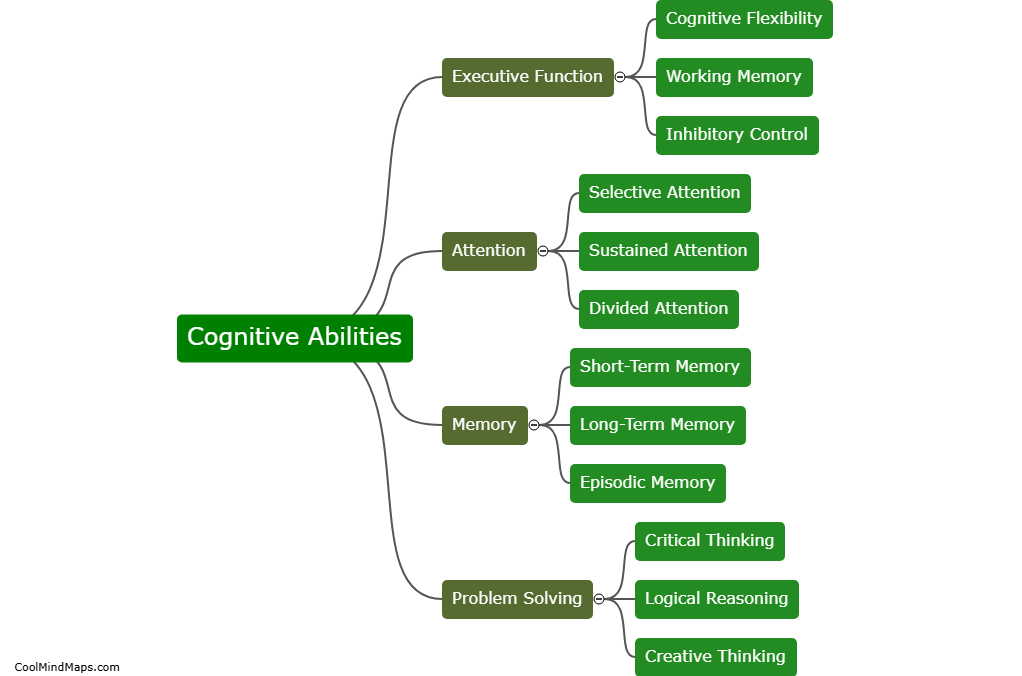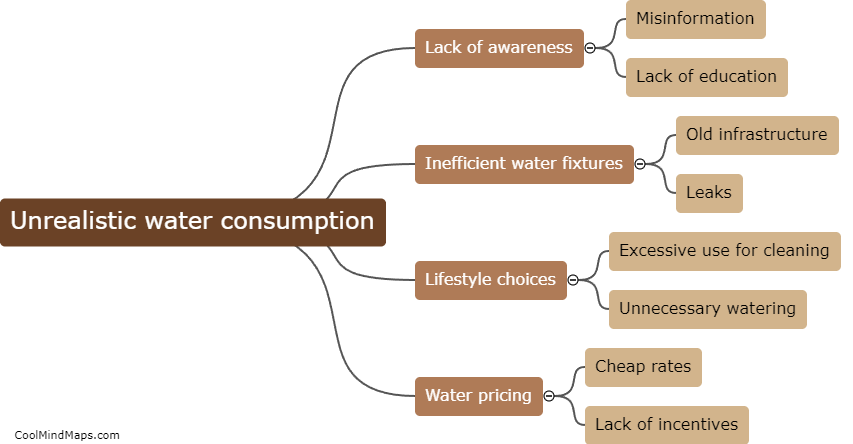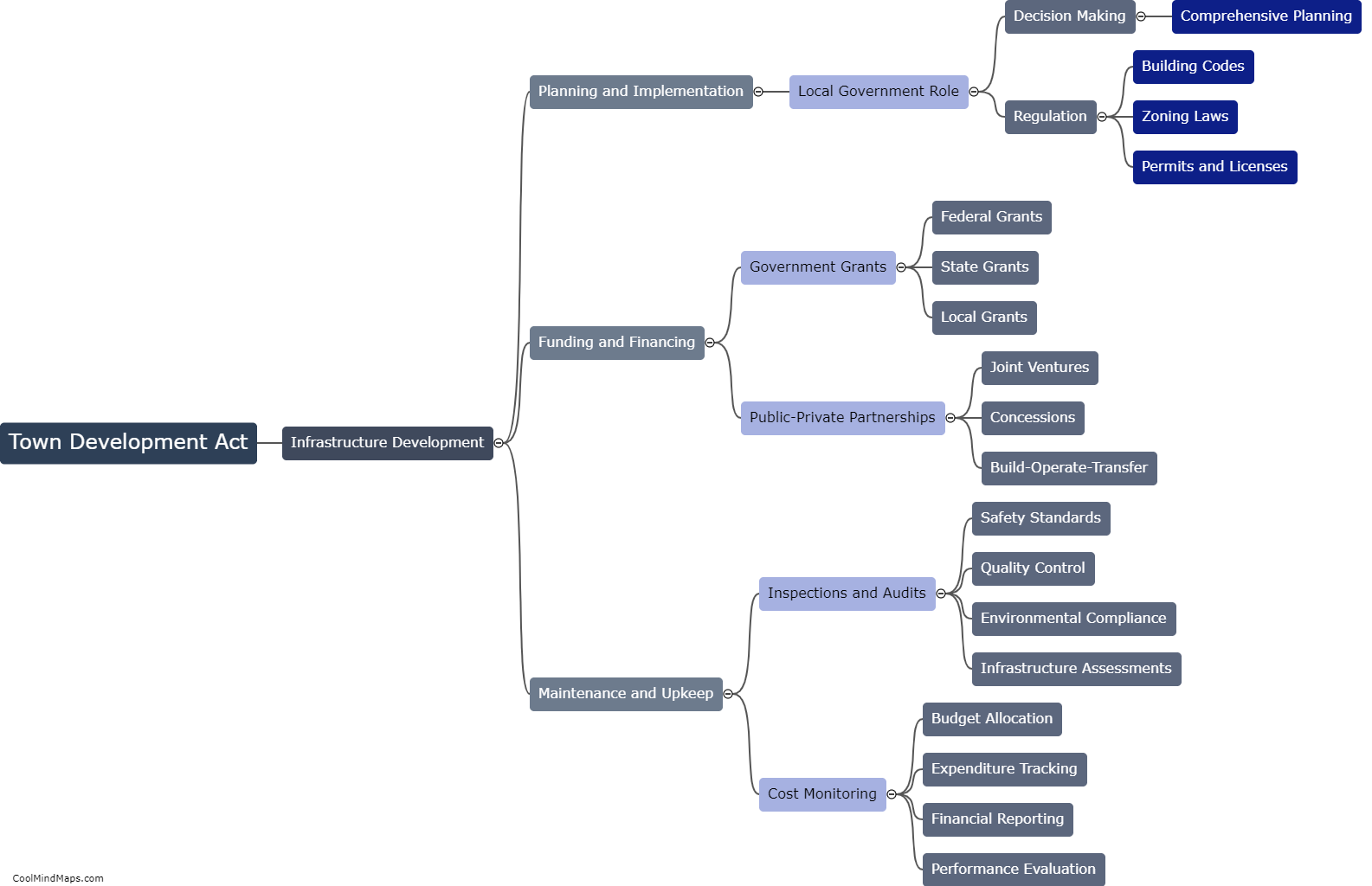Which stakeholders were involved in the reform process?
The reform process typically involves several stakeholders who play a crucial role in driving and influencing change. These stakeholders can vary depending on the specific context and nature of the reform. However, common stakeholders involved in the reform process may include government entities and policymakers, who set the agenda for reform and design new policies and regulations. Other stakeholders could be organizations or associations representing various interest groups, such as labor unions, industry trade groups, and consumer advocacy organizations. Additionally, academic and research institutions might be involved, offering expertise and analysis to inform the reform process. It is important to engage and include all relevant stakeholders to ensure a comprehensive and inclusive reform process that considers the perspectives and needs of diverse groups.

This mind map was published on 26 November 2023 and has been viewed 90 times.
